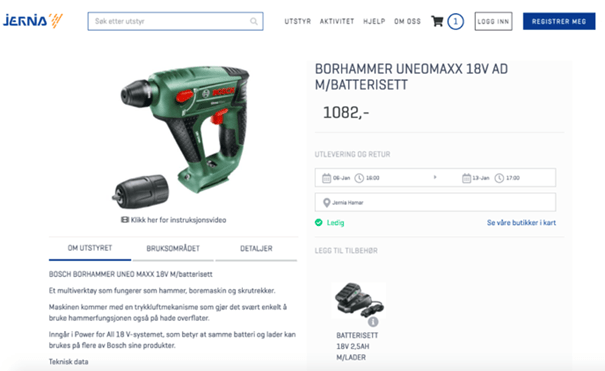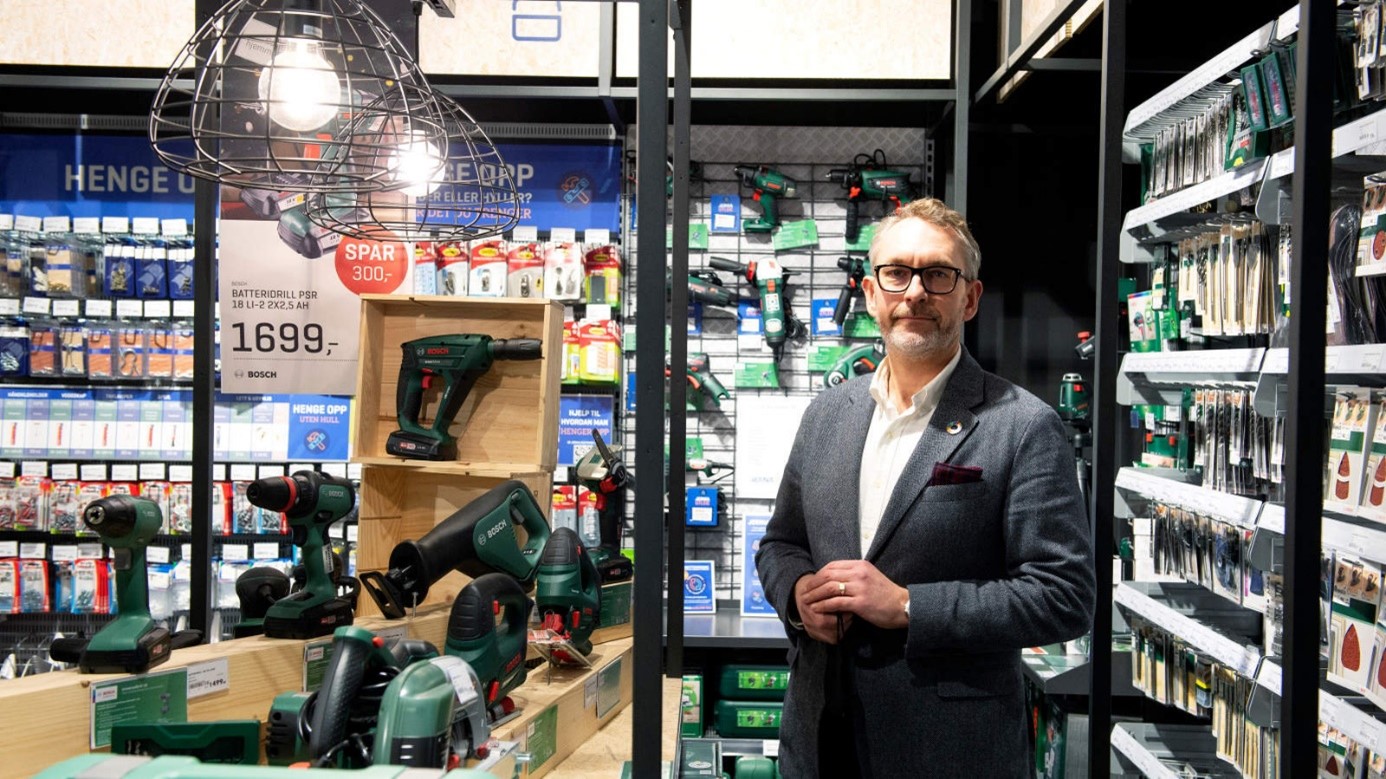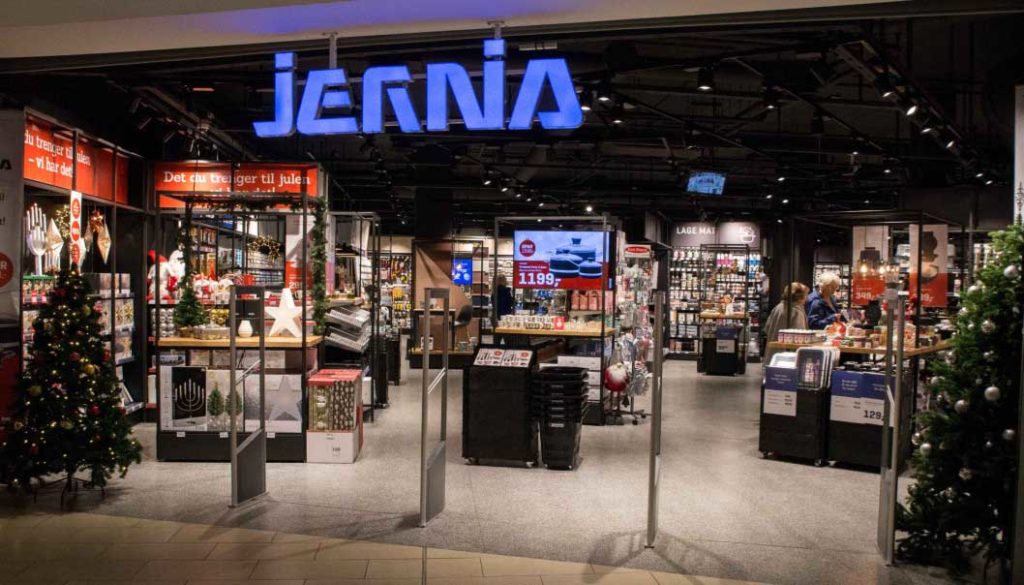
Consumer behavior is changing – access is becoming more important than ownership.
More and more people are turning away from owning things and rather choose to have access to or, if put simply, rent them out.
In a recently published survey with 13,000 respondents from 12 countries, 74% of respondents replied that they think they will own fewer products in five years, and rather rent or subscribe to them as a service.
One of the main reasons for this mindset shift is that people are increasingly more aware of the negative impact of uncontrolled consumption on the environment. Also, growing in popularity is the economy of sharing that promotes reusing or leasing of goods.
As a result, more businesses around the world start offering rental services to their customers. From the rental of vehicles, tools and equipment, to the rental of seasonal clothes, sports gear and musical instruments.
Most industries are, or will be, affected by this strong mega-trend.
How do you keep up or stay ahead of this mega-trend?
Here are 4 ways your company can adapt and benefit from the Circular Economy, both helping save the planet and make a viable business.

